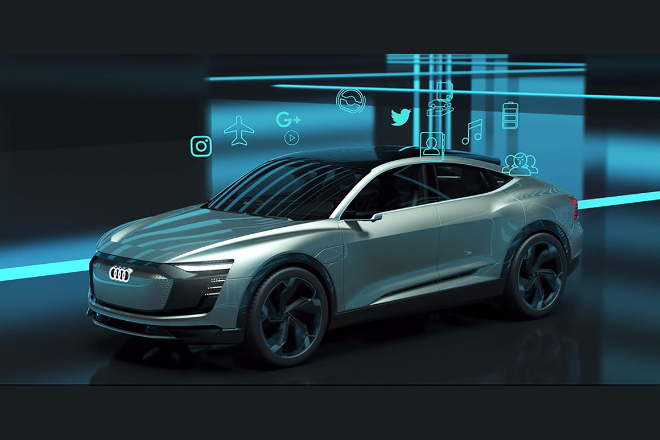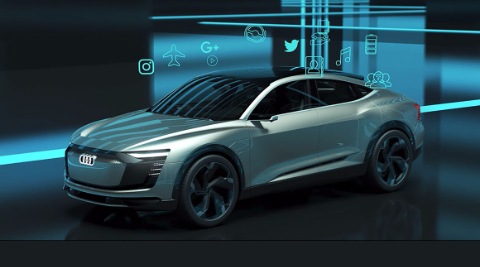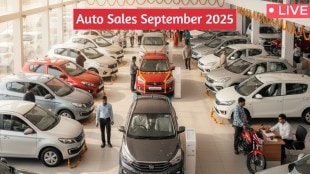
As surreal as it may seem driverless cars are just around the corner, and that means that manufacturers pondering on the future of their lineup have been presented with a unique problem. While manually-driven (if that is, in fact, a term) cars took up the attention of the driver but autonomous cars will not. This means that manufacturers will have to start thinking of what they will do to keep these individuals engaged for the duration that they will spend every day for their commute. Now the first of these studies have been conducted by German luxury carmakers, Audi. Audi is the first of the Germans to offer complete autonomy up to 60 kmph on their upcoming A8. Although the A8 will have a steering and require the driver to be alert at all times, Audi now needs to think more about passenger-engagement.
They’ve decided to call this the 25th-hour project, the scope of which revolves around this problem. And they have not taken it lightly at all. As for sample sets, Audi says they have focused effort on the “so-called millennials” as in all likelihood they will be the people to use these cars in the future. How they’ve gone about this is built a life like robot car simulator, packed it with these “so-called millennials” and then assigned them a task that simulates a work-like situation. The brain activity of these people was measured using special machines. With digital distractions such as dimmed-out windows and an articulate background sound, the errors performed while doing the assigned task was minimal and results showed peak brain activity and reduced stress. On the contrary, those who did the test without the “digital distractions” exacted polar opposite results.
Audi says that while a digital future brings with it endless opportunities, a user could be overwhelmed by the information on offer, however, Audi wants their future cars to be a smart membrane so as to piece together a vehicle that could tell what information the driver wants and provide it to him.
This also means that things like music will take the back-seat bringing the information superhighway that is the interwebs to the dashboard in most modern cockpits. Audi’s study has found three major phases that a person travelling in a self-driven car might be faced with, quality time, productive time and regenerative time. This leaves manufacturers with an odd juxtapose of having to chose what information should be passed on to the occupants and what should not.




















